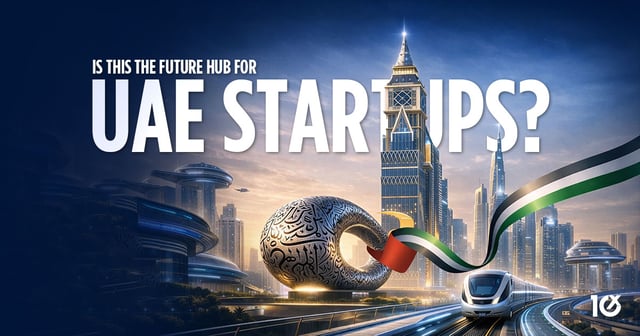Here's why you shouldn't worry about AI replacing jobs
With every industrial revolution, the world has seen economic growth. More job creation in the cities has led to migration towards urbanisation, leaving poverty behind. Even though today we have billions of people more than past few centuries, the standard of living has raised categorically.
According to recent statistics, 55% of the world’s population lives in urban areas, and this number is expected to rise up to 68% by 2050. Moreover, the number of people living in extreme poverty is decreasing year-on-year. Over the last generation, more than a billion people have left the most destitute living conditions. Moreover, in less than a generation the value of the yearly global economic production has doubled.

So how will the fourth industrial revolution, with the advent and implementation of advancing artificial intelligence (AI), impact jobs and the standard of living?
In spite of all the negative dystopian theories out there, AI is just the next level of industrialisation which will change the type of jobs — just like manufacturing machines did in the 1900s — but will raise living standards at the same time.
The power of AI is in automating tasks that will free up more time for humans to do more important things and look after tasks that AI cannot do. For example, in the 1900s, a large number of jobs in the market was manual labour, be it in factories or even simply as personal assistants.
Take the example of NASA, they had rooms full of people who were called “calculators” because that’s what they literally did. With the advent of computers, their jobs became obsolete. However, their knowledge and skills helped them take on more sophisticated positions.
Computers do not make the mistakes humans do. That’s why AI is so critical moving forward. Be it in the space industry, healthcare, education, banking, you name the industry and its most likely that the introduction of AI will improve the ways of working. At the same time, it will allow people to focus upon better things.
Teachers will be able to give personal attention to students, inspiring them and attending to their unique needs instead of manually correcting thousands of exam papers and worksheets. Healthcare providers will be able to focus on caring for patients and giving them more time and attention than being stuck doing paperwork and manual testings.
Moreover, like how the advent of computers gave way to the large engineering and tech industry, AI could very well do the same. After all, you do need engineering doctors for the robot-doctors, don’t you?
The role of AI is not to replace humans but to enable them to do more high-level work of thinking and caring.
In the coming decades, we believe that AI will bring about major changes. While some low-wage occupations such as nursing, hairstyling, and cleaning might be immune to the impact of AI as they cannot be automated, it is the middle-wage bracket that currently is and will continue to face the job squeeze (at least for a short while) as corporates replace humans with AI-powered softwares.
This is the reason why it is of utmost importance today to continuously upskill, so as to make yourself future-proof and be able to move ahead with the times, and answer to the new needs of businesses. Not only will this allow you to move into the high-earning bracket, but also to increase your standard of living and do more meaningful work.






